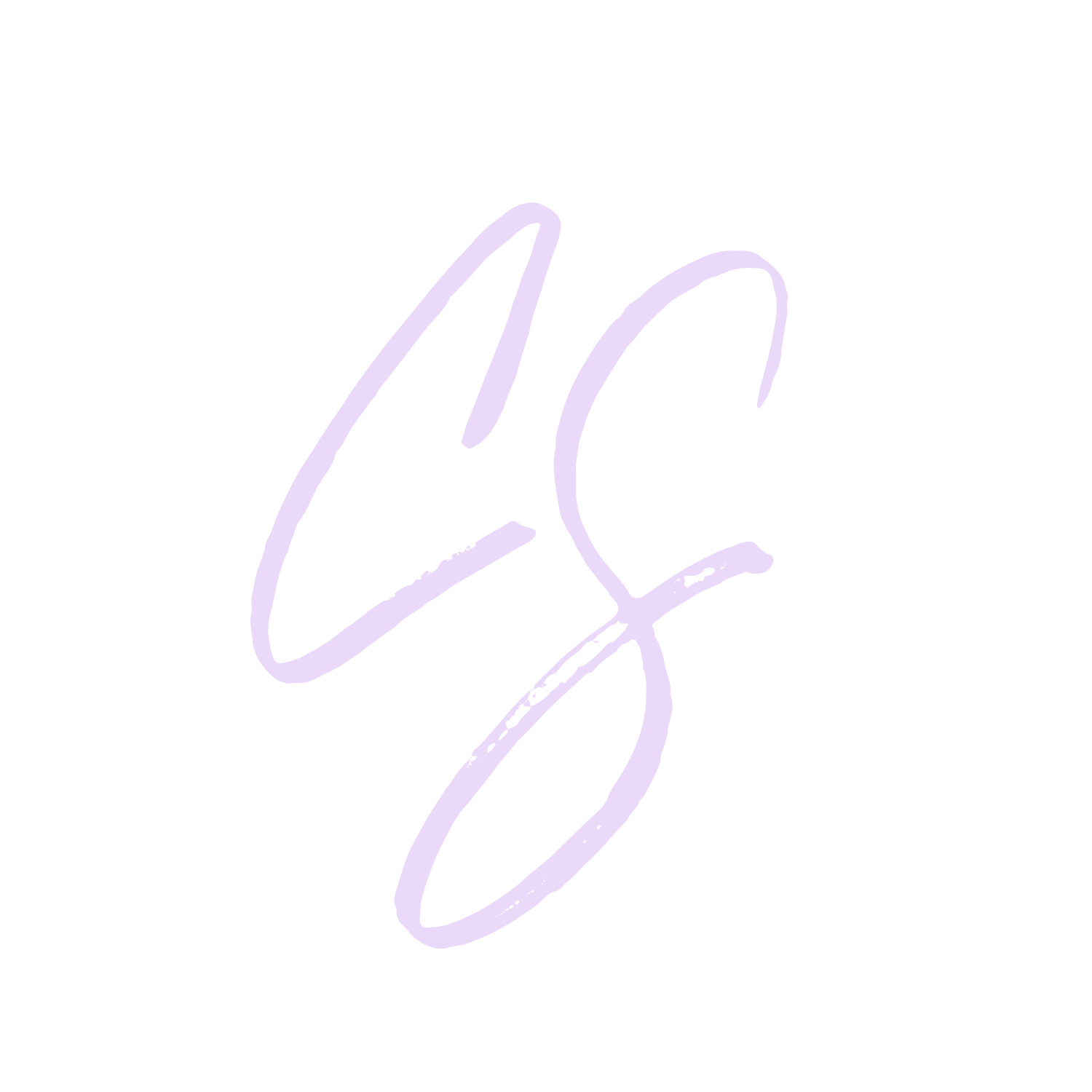Thoughts On Creativity
The word “create” has a fascinating history. From ancient times, it was as if we humans had no adequate sounds in our vocabulary, no accurate colors in our artist palettes, no satisfactory tones in our stringed instruments to convey creativity as an incarnate expressive capability. Right up until The Enlightenment, “creation” was more or less an exclusive power of the gods. It belonged to God alone, having created everything from nothing, and we mortals could imitate but most certainly could not create. There’s too much to walk through in the historical significance of creation, but it is worth your time to read up on it. Here’s just one interesting quote about the view of art in this historical context from a Wikipedia article titled History of the concept of creativity:
“This understanding of art had a distinct premise: Nature is perfect and is subject to laws, therefore man ought to discover its laws and submit to them, and not seek freedom, which will deflect him from that optimum which he can attain. The artist was a discoverer, not an inventor.”
Of course there is much truth to this idea, the thought that there are laws one must subject herself to in order for something to be its most perfect version. This is why there exists a color wheel, and iambic pentameter, and a circle of fifths.
RULES & STRUCTURE CAN MANIFEST EXCEPTIONAL BEAUTY.
However, to chain oneself to the law can often subject the imagination to a windowless cell in the process. Discovery, as we continue to learn, lends itself merrily to invention and creativity. The Enlightenment caused the people of earth to adjust and reorder their definitions of the arts, and therefore creativity itself. Thank God. Because I would have probably been drawn and quartered by now if not.
But it didn’t happen overnight. Not even close. What continues to surprise me is just how new the concept of creativity as a human ability really is, especially when not solely relegated to poetry, music, and classical art. The notion of creativity in the sciences and in nature is incredibly new when surveying the timeline of human development throughout history. We’re talking about the turn of the 20th century here, which may as well have been last week. In the 1960s, Carl Jung—the guy who came up with the personalities that we now take tests for every other month on Facebook or in job interviews—actually concluded that creativity is one of the five most instinctive forces we as humans possess. THE SIXTIES! That’s how new we are to the idea that we are creative beings.
AND WE'RE STILL LEARNING.
The waters of creation continue to crash in like waves, upending what was once considered concrete in the world of business, and sales, and marketing, and engineering, and every other area of industry or science. Really, every aspect of life is getting schooled in creativity. For someone like me, it’s a Glory Hallelujah moment because I live for ideas and making them come to life. For others, it might not feel like a fairytale. But one thing is certain these days: Creativity Is King.
What does this mean exactly? Why does creativity wear a crown, and does this mean Creatives will automatically receive ours in the mail? Creativity is crowned because there is nothing new under the sun, except there’s always something new and people from every corner of the world are discovering that “new” might just mean “different.” And no, Creatives don’t automatically get to wear a crown because often we are too precious with our creativity and therefore contribute nothing to the advancement/betterment of society.
There. I SAID IT.
Here’s the somewhat dismal but supremely freeing reality of life: everything cannot be creative, but creativity is everywhere. For a person who identifies as a Creative, this idea can be a punch in the gut because it means he isn’t special, that she is not, in fact, a luxurious unicorn. If we do not harness the power of our ideas and experiences, we’re just living alone in paper castles that we construct with our own precious ideas, unaware of the worlds within worlds that are thriving because of their own creative discoveries, bubbling with excitement because of collaboration and new concepts that emerge from it. Every piece of the process is not thrilling here, but moments along the way will inevitably be the most extraordinarily thrilling experiences imaginable. And this is the freeing part of that idea above, the fact that we can join in and learn something new that might not be considered classically creative, but will lead to greater teams, stronger processes, richer ideas, more profitable products, and more satisfying work than what we may have expected.
Historical creativity has changed dramatically in and of itself, but it has also changed an entire world. Creativity is a powerful concept, and if we can tap into, discipline, and harness that power within ourselves, imagine what the history books will have to say about creativity in the 21st century?


